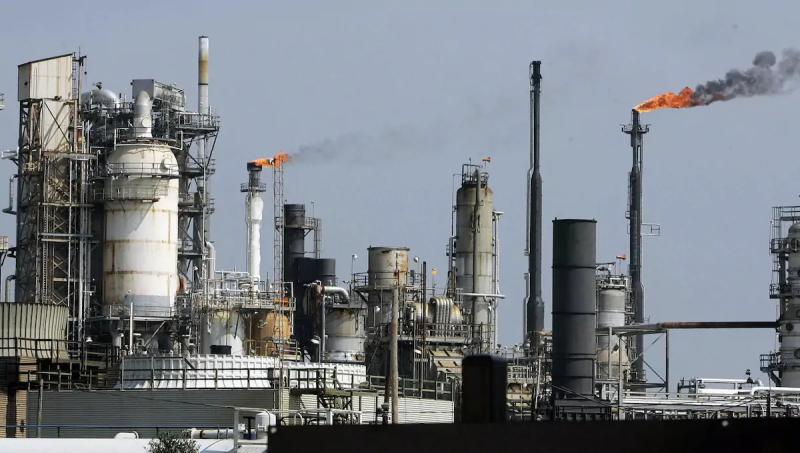
Nigerian Oil Refinery
About 6,000 officially classified products pass the ports globally and digital products and services cross borders to form modern international trade. Measuring and understanding that level of economic complexity has been conducted at the Center for International Development at the University of Harvard.
On the world stage, countries like Japan, Switzerland, and South Korea sit at the top of the ranking. The team at Harvard found that highly ranked countries tend to have the following attributes:
- A high diversity of exported products
- Sophisticated and unique exported products (i.e. few other countries produce similar products)
The ranking of each countries centred on the concept of what they termed “productive knowledge” – or the tacit ability to produce a product. It also depended on the type of product developed and exported, which were categorised with more complex products given a higher score in determining a country’s economic complexity. The resulting categories examined include everything from rendered pig fat to integrated circuits.
Agricultural and extractive industries tend to score lower on the complexity scale. Machinery can be highly complex to produce and is connected to many facets of the global economy.

Product Categorization
African countries dominated the lower end of the global ranking, with Tunisia Africa’s best performer coming in 44th place. In the African rankings, larger economies such as South Africa and Egypt made the top 5. At the other spectrum, surprisingly are Africa’s largest economy Nigeria, along with Angola, both the largest oil exporters on the continent.
For comparison, we can have a lot at the complexity of both Tunisia and Nigeria below:

Tunisia: ICT, tourism and apparels are key sectors

Nigeria: Oil and gas is the dominant sector of the economy
Crude oil is one of the lowest scoring product categories in the ranking and as both countries have found out, an over-reliance on a single export can leave a country extremely vulnerable in the event of price volatility or geopolitical events.
As world economies evolve and the shift from fossil fuels continues, we will likely see economic complexity increase across the board. Some countries such as Saudi Arabia and Kazakhstan, are pushing hard to diversify in the face of the world’s evolving energy mix.
The African rankings can be seen below.

